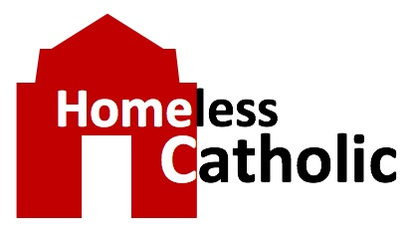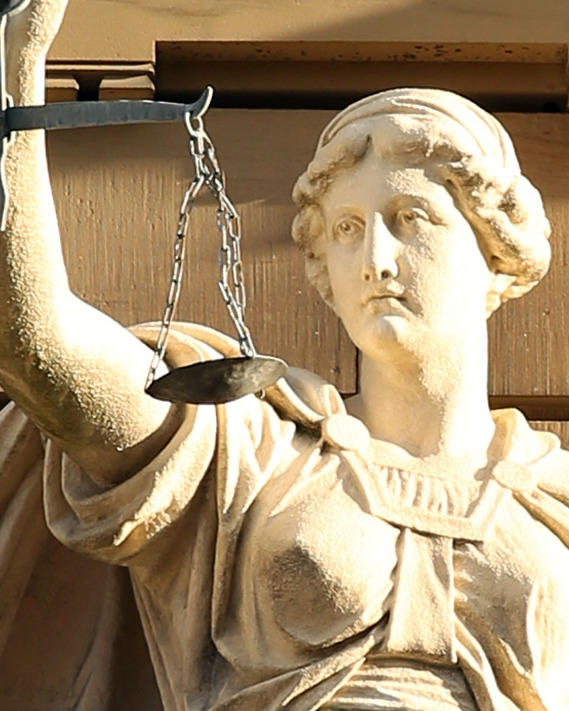Justice and the crime
Justice is difficult for human beings. Revenge for an immoral or an unethical action committed against us is sometimes the preferred path even when it is simply asserting that subsequent events “serve him right.”
But justice ... that’s sometimes hard to come by. Sometimes it’s even difficult, nay, impossible to determine what justice in a given situation might be. "Let the punishment fit the crime," awakens in us right around the 4th Grade.
So, we turn back to the little we know. A sense of proportional balance seems appropriate for dealing with such issues; and our fourth grade standard of fairness continues to govern our moral thinking.
Reflection - 4th Grade
http://www.usccb.org/bible/readings/070119.cfm
Genesis 18:16-33
Psalm 103
Matthew 8:18-22
My youngest grandson is slightly older than two and a half. Just a few months ago he learned ‘mine.’ He’s moved on a bit since then. Now, the proper understanding is “what’s mine is mine and what’s yours is mine — provided I ask nicely.” “Mine” is losing its clout. Nevertheless, he has made solid advances in the sharing category; and I expect that his ability to engage in group activity will explode with his attendance at pre-school.
Crime and punishment are still somewhat nebulous to him. ‘I’m sorry’ is a phrase he is learning but which currently has little content. It’s fascinating to watch him grow, and I expect that he will sense the guilt that comes with bad behavior before he understands the appropriateness of punishment. He’s not yet reached the stage where, “Wait til your father gets home” carries dismay and trepidation rather than joy and excitement. Hammurabi, Moses and Gilbert and Sullivan all advanced a teaching which we still hang onto today: “An eye for an eye” or “Let the punishment fit the crime.” That bit of education will most probably surface for my grandson around the time of the fourth grade when the concept of fairness begins to take precedence over all other moral dictums. But will moral development ever proceed any further?
Justice is difficult for human beings. Revenge for an immoral or an unethical action committed against us is sometimes the preferred path even when it is simply asserting that subsequent events “serve him right.” But justice ... that’s sometimes hard to come by. Sometimes it’s even difficult, nay, impossible to determine what justice in a given situation might be. So, we turn back to the little we know.
A sense of proportional balance seems appropriate for dealing with such issues; and our fourth grade standard of fairness continues to govern our moral thinking. If an offender breaks the law (whether criminal, civil, social or moral) he/she should suffer in return. Further, the punishment should be proportional to the offense — as in “let the punishment fit the crime.” In fact, it might well be proper to say that ‘fairness’ — not ‘justice’ — is our guiding light.
Scripture frequently refers to the ‘justice’ of God. In fact, one of the most notable hallmarks of the Messiah was that he would rule the world with justice. But our thoughts are not the same as God’s thoughts, especially on this issue. That’s why the responsorial Psalm is so heartening, so worthy as a cause for rejoicing. Proportion and balance are thrown out. Fairness is deemed inappropriate. Letting the punishment fit the crime is incongruous with divine justice.
Not according to our sins does he deal with us,
nor does he requite us according to our crimes.
For as the heavens are high above the earth,
so surpassing is his kindness toward those who fear him.
Thank God!

